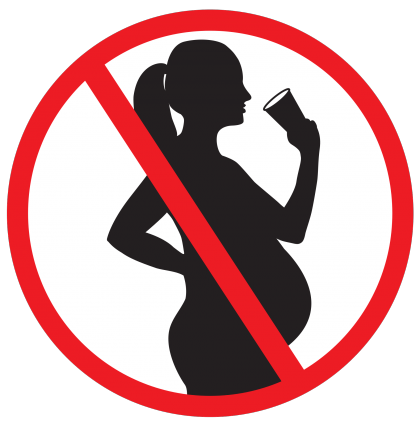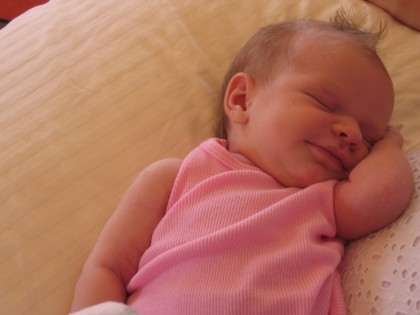On the CDC and the Bizarrification of Nature
Devra Torres | Feb 14, 2016
The Centers for Disease Control, to the chagrin of us all, recently announced that any woman who is pregnant, might be pregnant, or could possibly become pregnant, ought to eschew alcohol altogether unless she's on birth control.

There's a lot to say about this, and most of it has already been said. (I don't think I'll ever get the hang of writing at trending-topics pace.) Medically, it makes little sense to treat every non-teetotaling woman as a potential hotbed of fetal alcohol syndrome. It makes even less sense to decree that in order to avoid a small and questionable risk, we should all intentionally subject ourselves to the substantial and well documented dangers of hormonal contraception.
This is a big tent issue--women of all political stripes are united in their disdain for the decree. But for different reasons. A few are mainly annoyed at the CDC for making us feel bad about putting our offspring in danger (and much less interested in whether the danger is real). They remind me of the women in my husband's law school class who were incensed about a case study involving Johnson Controls, a battery manufacturer, in which women of childbearing age were barred from jobs involving exposure to dangerous levels of lead. The women in the class seemed unconcerned about the risk to the babies but irate about the "paternalism" of fertile women being barred from the jobs "regardless of their intention or desire to have a child."

Others are genuinely concerned about exposing the unborn to any real danger, but we sense that that concern is not what's really driving the conversation. It seems like one more case of treating fertility as an bizarre, once-in-a-lifetime disorder, requiring all manner of onerous preparations and precautions.
This was something I noticed in Barcelona, where four of my children were born. The bearing and feeding of children was treated like a technical procedure requiring special training. The magazines in my OB's waiting room quoted recommendations from international coalitions of experts: not more than two children, not less than three years apart, to be borne between the maternal ages of 26 and 32. They acknowledged the benefits of breastfeeding but effectively discouraged women from actually trying it, with their convoluted warnings about the correct kinds of footstools and lotions. And postures. And schedules.
In America, the culture's different: more lip service is paid to individual preference. Have a baby or two, if you like, but only if you're prepared to sustain a certain lofty (and expensive!) standard of care and feeding and be fully aware of the strange and difficult thing you've somehow gotten yourself into.
And alongside the bizarrification of the ordinary is the normalization of the bizarre: three-parent embryos, surgical removal of healthy organs, third-world women being recruited to rent their wombs and first-world ones receiving the seed of strangers in their doctors' offices. By refusing to treat the natural as normative and indulging in sheer make-believe about the naturalness of the grotesque, culture makers manage to see that a sort of level playing field emerges. Who's to say that anything is more natural, or more unnatural, than anything else?

Whether the CDC recommendations convince mothers to be more anxiety-ridden than they already are or only serve to squander the credibility of the agency remains to be seen.
But there's more at stake than that.
